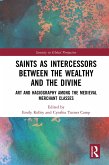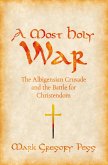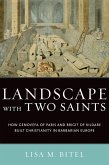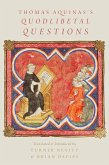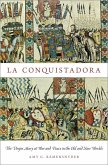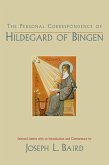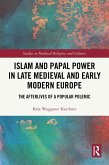This book is about a sacred place called Balkh, known to the ancient Greeks as Bactra. Located in the north of today's Afghanistan, along the silk road, Balkh was holy to many. The Prophet Zoroaster is rumoured to have died here, and during late antiquity, Balkh was the home of the Naw Bahar, a famed Buddhist temple and monastery. By the tenth century, Balkh had become a critical centre of Islamic learning and early poetry in the New Persian language that grew after the Islamic conquests and continues to be spoken in Iran, Afghanistan and parts of Central Asia today. In this book, Arezou Azad provides the first in-depth study of the sacred sites and landscape of medieval Balkh, which continues to exemplify age-old sanctity in the Persian-speaking world and the eastern lands of Islam generally. Azad focuses on the five centuries from the Islamic conquests in the eighth century to just before the arrival of the Mongols in the thirteenth century, the crucial period in the emergence of Perso-Islamic historiography and Islamic legal thought. The book traces the development of 'sacred landscape', the notion that a place has a sensory meaning, as distinct from a purely topographical space. This opens up new possibilities for our understanding of Islamisation in the eastern Islamic lands, and specifically the transition from Buddhism to Islam. Azad offers a new look at the medieval local history of Balkh, the
Fäa"il-i Balkh, and analyses its creation of a sacred landscape for Balkh. In doing so, she provides a compelling example of how the sacredness of a place is perpetuated through narratives, irrespective of the dominant religion or religious strand of the time.
Dieser Download kann aus rechtlichen Gründen nur mit Rechnungsadresse in A, B, BG, CY, CZ, D, DK, EW, E, FIN, F, GR, HR, H, IRL, I, LT, L, LR, M, NL, PL, P, R, S, SLO, SK ausgeliefert werden.



